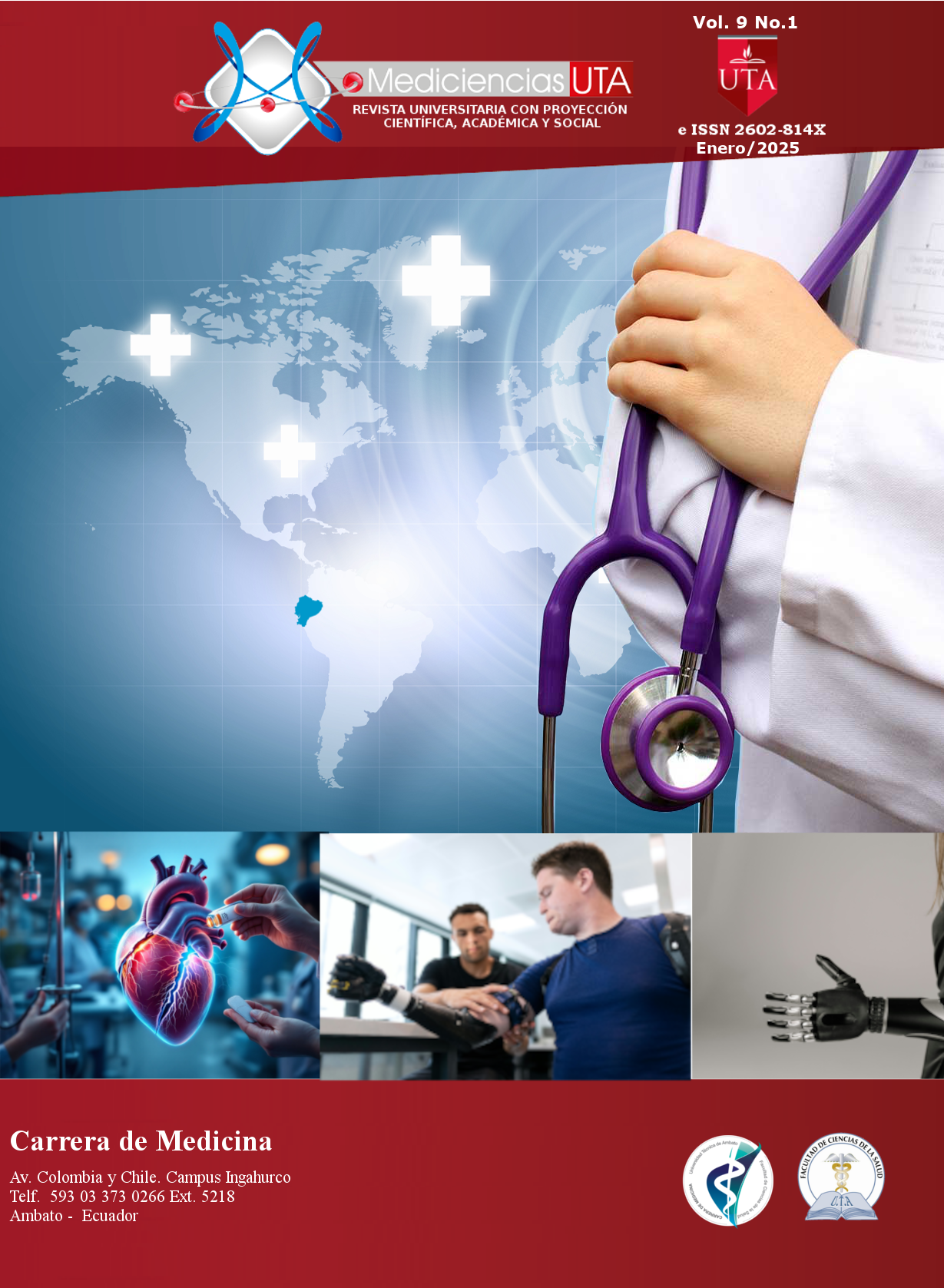Robotic perspectives in rehabilitation and medical therapy in patients with motor problems
Main Article Content
Abstract
Introduction: Exoskeletons (EXO) have been a great advance in medicine, their integration as a therapeutic method has meant a great improvement for the motor and sensory recovery of people with a cerebrovascular accident (CVA) and who have lost the ability to carry out their activities. everyday life normally.
Objectives: To investigate the importance ofrobotic innovations in the medical field by means of exoskeletons that improve the daily life of patients who have suffered functional loss of any of their limbs.
Methodology: To investigate how exoskeletons have managed to promote an improvement in the lives of patients with motor disabilities, in addition, to evaluate the psychological impact that has occurred in people who receive these therapies.
Results: These robots have managed to improve activities such as writing and object handling, while improvements in gait, coordination and balance have been evident in the lower limbs.
Conclusions: Exoskeletons have come to evolve the health area and lend a giant hand in the field of rehabilitative therapy, thus providing new hope to those people who have lost the ability to lead a calm daily life.
Downloads
Article Details

This work is licensed under a Creative Commons Attribution-NonCommercial-ShareAlike 4.0 International License.



